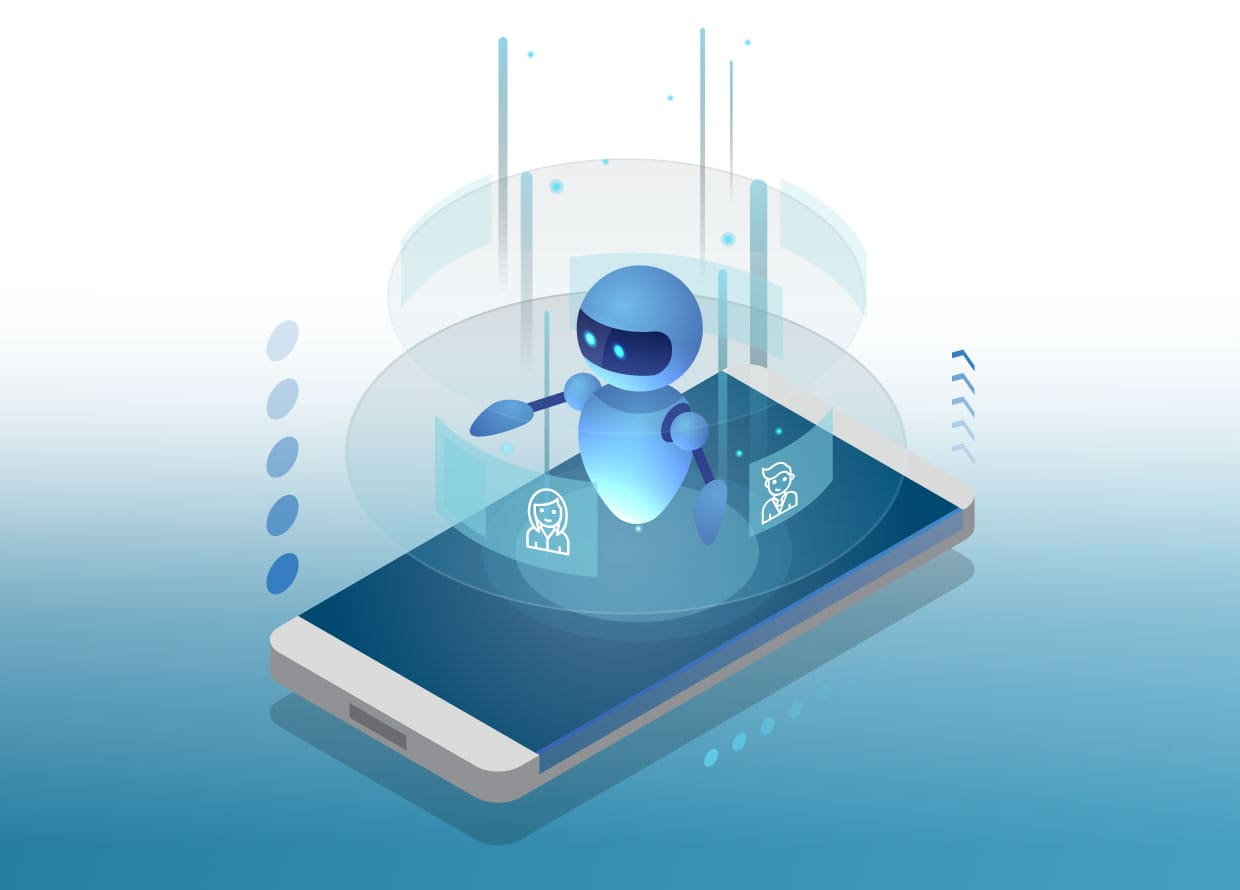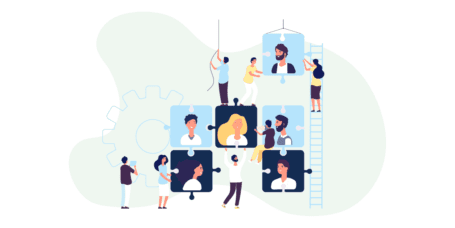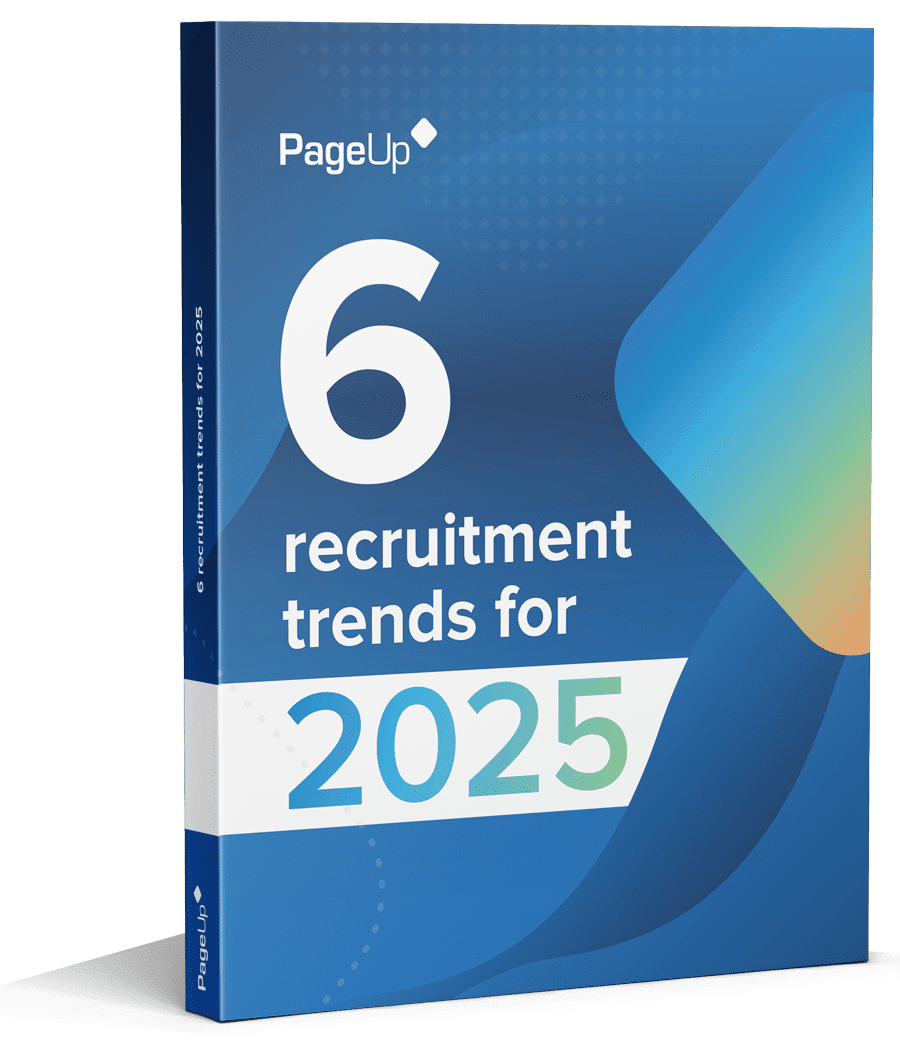Advances in technology continue to drive efficiencies for HR practitioners looking to make their talent acquisition processes smarter, faster and more efficient. From reducing bias in hiring to screening the first round of applicants based on performance potential, emerging technologies like machine learning have the ability to automate manual processes, reduce human error and remove prejudice from the hiring process. PageUp has recently partnered with machine learning startup PredictiveHire to help organisationsorganizations accelerate recruitment processes and reduce bias in the screening and selection stages. Here are three ways HR can leverage Artificial Intelligence to make recruiting faster and more effective.
1. Fast, consistent applicant screening
One of the most time-consuming parts of the hiring process is manually sifting through a large number of resumes to find the best candidate for an open position. To find that star candidate, recruiters or hiring managers often have to whittle down a pile of unsuitable – and in some cases irrelevant – applications. Sometimes, the sheer volume of applications received for a single role can be overwhelming for hiring managers. In these cases, the best applicant may be lost in the crowd. By conducting the first round of applicant screening, artificial intelligence can quickly filter out those candidates that aren’t suited to the role. Leveraging proven performance data and survey responses, artificial intelligence platforms like PredictiveHire can evaluate thousands of applicants to narrow down the pool to those most likely to succeed if hired.
2. Leveraging proven performance data
Leveraging proven performance data empowers hiring managers to focus on candidates with the soft skills that determine success in any role. Rather than wasting time on guesswork and multiple face-to-face interviews, artificial intelligence can use proven performance data to identify the traits to look for in a candidate early on.
PredictiveHire creates candidate surveys that leverage an organisationorganization’s performance data to determine with 88% accuracy the traits shared by its high performers. This allows recruiters or managers to screen for these desired traits at the early stages of the hiring process, to quickly determine which applicants will likely be successful in the role, and which will not.
3. Diversity attracts candidates
Artificial intelligence can also play a crucial role in reducing bias in recruitment processes. Aside from the obvious compliance benefits, more diverse hiring decisions result in a more attractive employer brand. Uber’s well-publicisedpublicized lack of diversity highlights how important it is to have a diverse employee cohort. After stories of its troubled internal culture became well-known, the company struggled to secure top talent.
In an already competitive jobs market, organisationsorganizations need to put their best foot forward when it comes to attracting quality candidates. Using artificial intelligence to assist in hiring for diversity strengthens an organisationorganization’s employer brand, making it more attractive to potential candidates. Having a talent pool of candidates that are pre-screened, engaged and interested in your organisationorganization can speed up the hiring process by creating strong talent pipelines to fill key roles as they become available.
Rather than looking at attributes like gender, race and age, PredictiveHire’s AI technology helps recruiters make more objective hiring decisions by conducting the first round of applicant screening based on survey responses and predictive modelling.
By using proven performance data to free recruiters from guesswork and manual processes, machine learning has the power to make hiring more effective, efficient and equitable than ever before.
If you’re interested in learning how AI can accelerate and improve your recruiting process, speak to us today.
Fresh insights for HR
Stay up to date with HR trends, tips and more when you sign up for our industry newsletter





